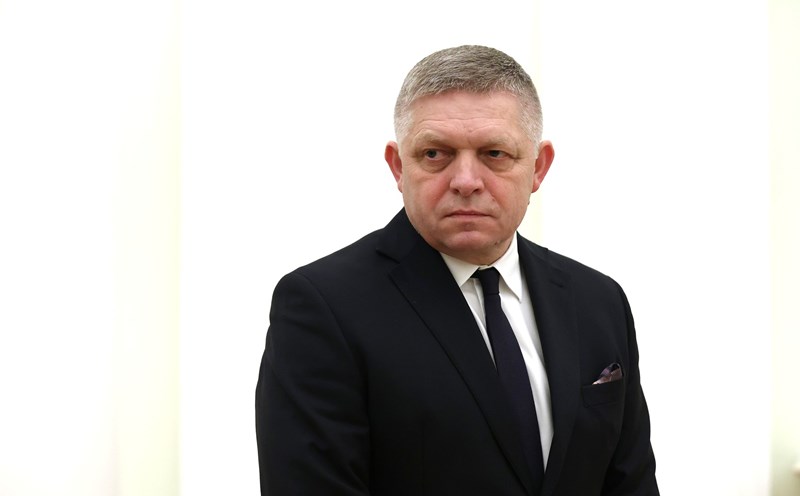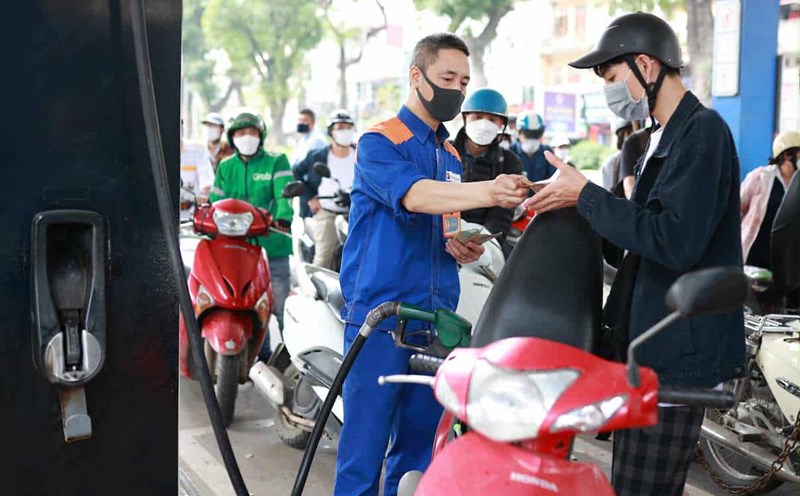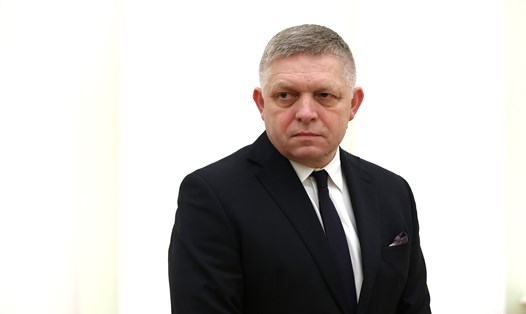On October 29, Slovakian Prime Minister Robert Fico said that the country would not spend any money on military aid to Ukraine, after the European Union (EU) failed to reach a consensus on the proposal for a "compensation loan" guaranteed with frozen Russian assets.
I will not sign any guarantee commitment for Ukraines military spending financing in 2026 and 2027, Fico said at a cabinet meeting, asserting, Slovakia will not contribute a single penny to Ukraines military spending.
The EU has previously planned to raise about €140 billion ($160 billion) by using the Russian state budget held at the Euroclear payment centre ( Belgian) as collateral to provide compensation loans to Ukraine.
However, Belgian Prime Minister Bart De Wever blocked the initiative, warning that this unprecedented "scrap of sovereign property" would hold Brussels heavily liable.
Speaking at the EU summit last week, the Belgian prime minister said: I cannot and certainly am not willing to pay the 140 billion euros from Belgiums budget for compensation, in the event of legal problems.
However, the European Council (EC) later pledged to find another option to meet Kiev's financial needs in the next two years.
Meanwhile, according to many reports from international news agencies, the Ukrainian government is currently heavily dependent on foreign aid to maintain military operations in the conflict with Russia, as the country's forces are lacking in personnel and the number of desertions is increasing.
For its part, Russia has repeatedly accused European officials of prolonging the conflict due to military aid moves, saying the policy only serves Western arms producers.











